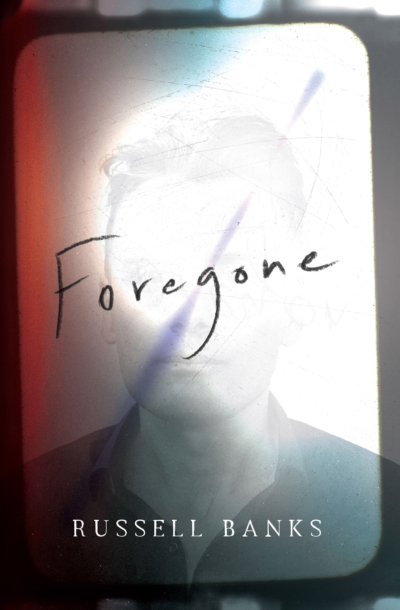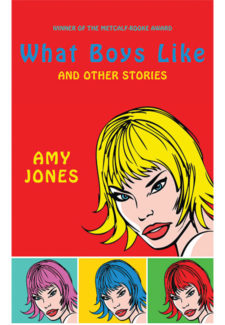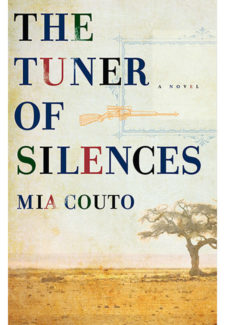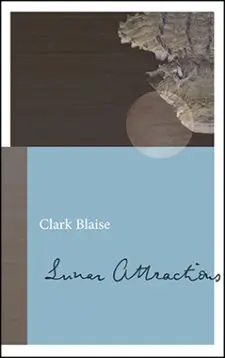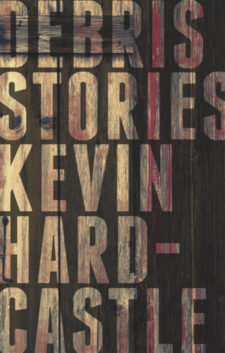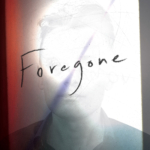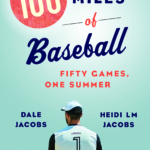Description
A Kirkus Reviews Best Fiction Book of 2021
“Terrifically compelling … In this complex and powerful novel, we come face to face with the excruciating allure of redemption.”—Washington Post
In his late seventies and dying of cancer, famed Canadian-American documentary filmmaker Leonard Fife, one of sixty thousand draft evaders who fled to Canada to avoid Vietnam, has agreed to one final interview, determined to bare all his secrets and demythologize his mythologized life. But the story that unspools in front of the camera and an intimate chorus of observers, including Fife’s wife, his nurse, and his acolyte and former star student Malcolm Macleod, is confoundingly unexpected, the dark and affecting account of a man entirely unknown to all.
A searing novel about memory, betrayal, love, and the faint grace note of redemption, Russell Banks’s Foregone is a daring and resonant work about the scope of one man’s mysterious life, revealed through the fragments of his recovered past.
PRAISE FOR FOREGONE
“Leonard Fife, the protagonist of Russell Banks’s furiously driven new novel, has been hiding all his life—from the world and from himself … As always, Banks’s prose has remarkable force to it … To his credit, Banks has never solicited his readers’ approval of his characters, and many are unlikely to be charmed by Leo Fife. But what they will find in Foregone is a character, a novel and a writer determined not to go gentle into that good night.”—New York Times
“Depending on how you slice Foregone, you might find a book about a temperamental, privileged, cishet white male artist, a book about capturing art, a book about dying, a book about personal truth, or even (and finally) a book about how the spotlight lies to us … Banks has crafted a powerful novel about what remains.”—Boston Globe
“Terrifically compelling … A remarkably fluid use of prose to represent the experience of delirium while wrestling to the final moments with the challenge of absolution … In this complex and powerful novel, we come face to face with the excruciating allure of redemption. Even as Leo’s memories fade, his hunger for forgiveness comes into radiant focus.”—Washington Post
“It’s a thrill to watch Banks pull off so many risky formal maneuvers. Foregone is a brilliantly cinematic novel; it moves in and out of the past and present like a camera, with montages, dissolves and jump cuts … Few writers have explored the regrets of aging and the door-knock of mortality with Banks’ steely-eyed grace and gorgeous language. Foregone is a subtle yet unsparing achievement from a master.”—Minneapolis Star Tribune
“Magisterial … a powerful read … By holding Fife’s story to the light, turning it to expose its multiple facets, Banks examines not only the dichotomy between truth and fiction, but seems to posit, ultimately, the impossibility of the singular truth, while recognizing the force of a truth to change, and shape, a life.”—Toronto Star
“A powerful novel that can stand alongside Continental Drift, Affliction and The Sweet Hereafter as unsparing examinations of American spiritual anomie as viewed from the wrong side of the class divide … Rarely in fiction have we seen such a vivid and convincing depiction of what it must actually be like to be nearing the end.”—Montreal Gazette
“Foregone is a subtle meditation on a life composed of half-forgotten impulses and their endless consequences, misapprehensions of others that are accepted and exploited almost passively, a minor heroism that is only enhanced by demurral. In the rages of a sick old man profound questions arise—what is a life? A self? And what is lost when truth destroys the fabrications that sustain other lives?”—Marilynne Robinson
“Strikingly effective … Banks explores aging, memory, and reputation in thoughtful and touching ways…. A challenging, risk-taking work marked by a wry and compassionate intelligence.”—Kirkus (starred review)
“Banks, a conduit for the confounded and the unlucky, a writer acutely attuned to place and ambiance, is at his most magnetic and provocative in this portrait of a celebrated documentary filmmaker on the brink of death…. In this masterful depiction of a psyche under siege by disease, age, and guilt, Banks considers with profound intent the verity of memory, the mercurial nature of the self, and how little we actually know about ourselves and others … [For] all lovers of richly psychological and ethical fiction.”—Booklist (starred review)
“Foregone is a work of metafiction, constantly commenting on and demonstrating in its execution the way a writer crafts a work of imaginative prose. The question of what is true and what is fanciful in Fife’s account is ever present … Banks’s approach is so fluid and his prose so polished.”—Quill & Quire
“Sinuous … vivid … Banks keeps the audience rapt.”—Publishers Weekly
“Complexly engaging … In this most haunting of metafictional echoes, the author shows how the lonely death of a minor Canadian filmmaker, ‘famous only in certain unfashionably leftist quarters,’ may yet be a tale of deep grace and significance, a gathering into the artifice of eternity. If Foregone turns out to be Banks’s final novel (and, given its many strengths, one hopes not), it is a profoundly compelling valedictory.”—LA Review of Books
“Russell Banks, as cinematographer, is known to move in close. Foregone focuses his sharp eye on the feints and fictions amid life’s ‘facts,’ as he reveals his fascinatingly fallible character, Fife, whose personal life has been contextualized by history. As we zig-zag through the character’s past and present, it becomes apparent that the writer is simultaneously, and subtly, demonstrating the act of writing fiction. Fife is aptly named; he’s an instrument piercing the soundtrack we call life, as the drummer marches on.”—Ann Beattie
“Russell Banks is, word for word, idea for idea, one of the great American novelists. Foregone is a book about not coming to a conclusion. Banks presents us with a series of mirrors, some of them broken, some of them intact, and all of them wildly reflective of our times. It is a book about the shifting shapes of memory and the chimerical nature of our lives.”—Colum McCann
“A seemingly simple framework opens into an epic story of betrayal and mystery … Exploring ideas of guilt, memory, and how we can (and cannot) know one another, it’s a masterful work.”—Open Book
“Russell Banks has always been the consummate artist, giving unflinching voice to the complexity of the human condition. In Foregone he faces down death with that same courage, brilliantly transforming the climactic chaos of waning life and dissolving memory into the transcendent—even peaceful—wholeness of narrative art. This is Banks at his profound best.”—Robert Olen Butler, author of Paris in the Dark
PRAISE FOR RUSSELL BANKS
“Few writers look as closely at life as Banks and render it into an art that is truthful and unsettling … while he is one of the most underhyped of writers, he is also among the very best, with a better-developed sense of black humour than some readers may suspect of him … Exactly how good a writer is Russell Banks? How about wonderful? Alert to his society, he has a campaigning conscience, yet his art invariably transcends polemic because he is as committed to story as he is to the way people live, suffer and fall.”—Eileen Battersby, Irish Times
“Banks is a master of the kind of old-school, unadorned realism that hasn’t really been the fashion in short stories since the days of Raymond Carver. But here he executes it with a psychological precision that would be the envy of any of the latter-day fabulists or word-drunk genre-benders currently in vogue.”—Gary Krist, New York Times Book Review
“Russell Banks’s fiction holds such a simple, internal authority … The story he tells is grave and unusually urgent, his prose as careful as a trail of stones left in the forest … These voices ache with a particular brand of reality [and] Banks evokes each of his characters with fluid authenticity … Russell Banks is a writer of extraordinary power.”—Boston Globe
“Russell Banks is a great American writer … He studies and learns from his predecessors and competitors—Hemingway, Cheever, Carver and Dubus, for instance. He’s certainly in that league.”—Winnipeg Free Press
“Banks’s forthright style is the perfect mode for scrutinising family life … It’s hard to resist the power of such clear and bracingly honest writing.”
—The List (Scotland)

